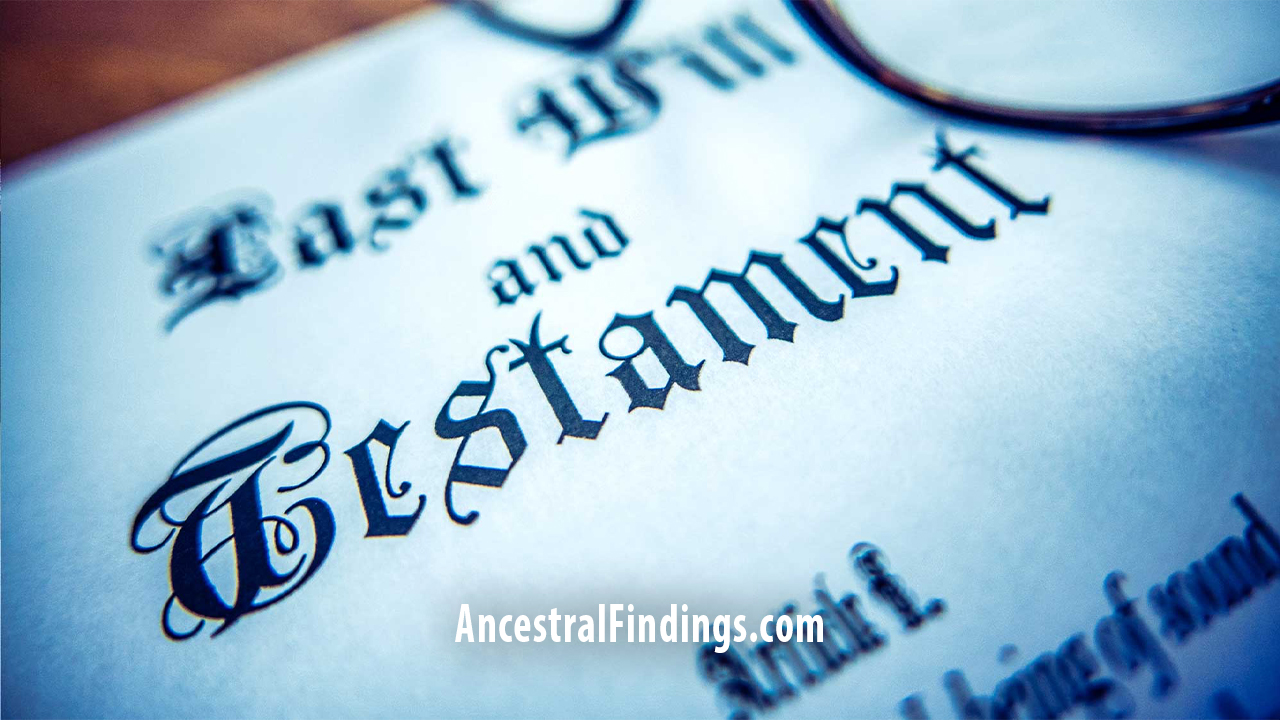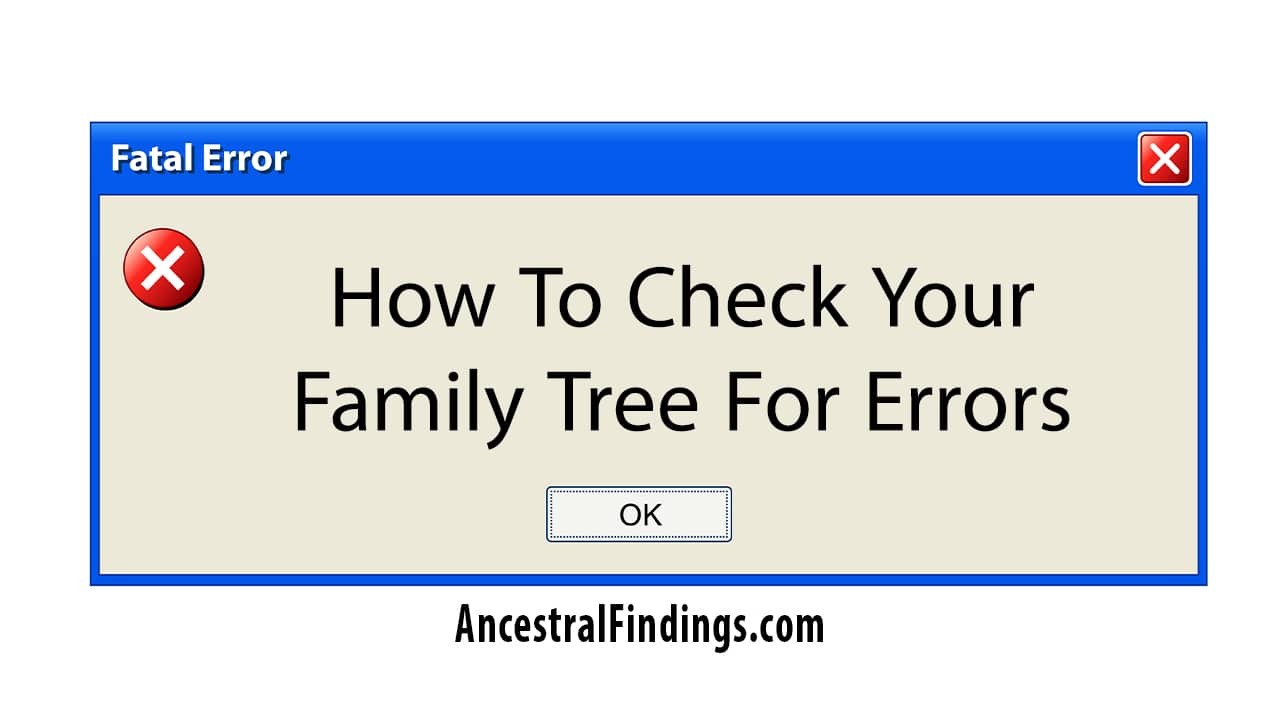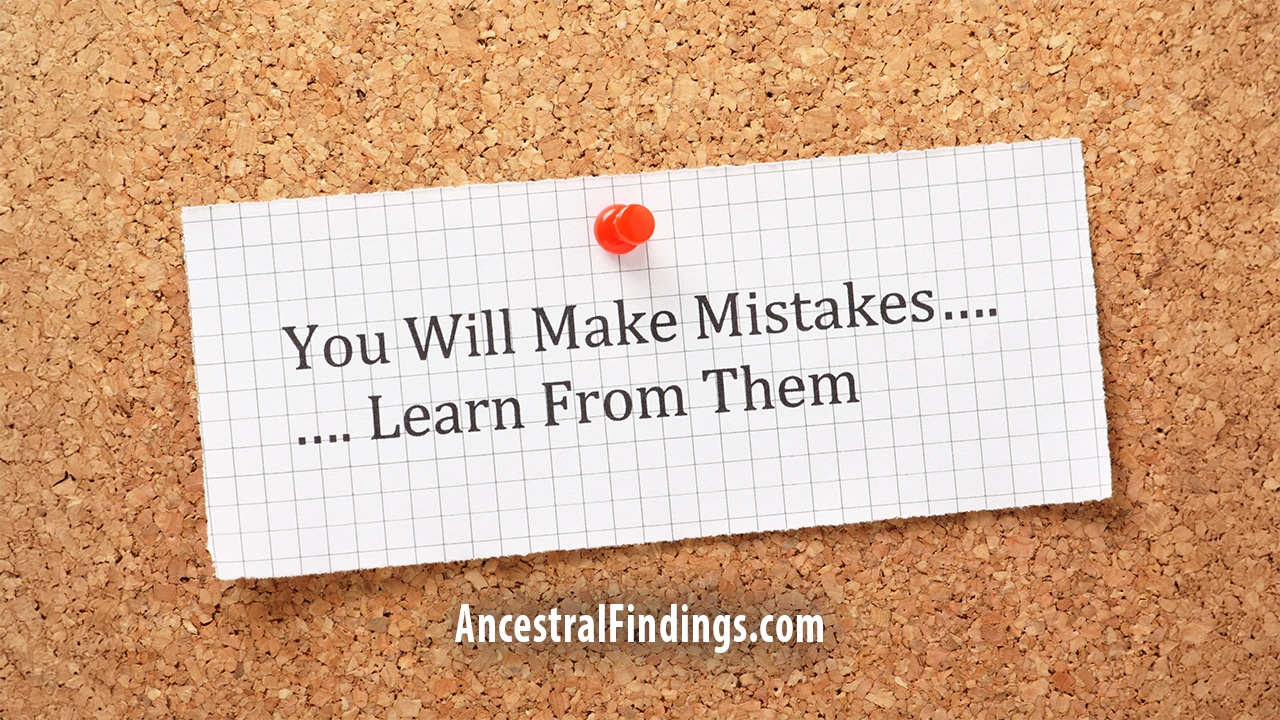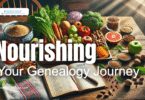We’ve all been there, knee-deep in old records and family stories, when suddenly we hit a snag. Not just any snag, but one caused by the sneaky little words we should’ve avoided from the start. Think of them as the “bloopers” in our genealogy journey, those pesky terms that trip us up and send us down rabbit holes. Today, we’re diving into the world of these genealogy pitfalls and how to sidestep them gracefully. And trust me, these tips aren’t just for genealogy—these words can throw a wrench in any research!
The Dreaded “Assume”
Let’s kick things off with “assume.” Oh, the trouble this word can cause! In genealogy, assuming can lead you down paths filled with fictional ancestors and invented connections. You might think that because your great-grandfather had the same name as someone famous, you’re related. But hold your horses! Without solid proof, assuming is a recipe for a genealogical disaster.
In everyday life, assuming can be equally problematic. Whether it’s assuming someone’s intentions or assuming you know the full story, it’s a quick way to avoid miscommunication and misunderstandings. Instead, ask questions and seek clarification. It’s amazing what a little curiosity can uncover.
The Pesky “Probably”
Next up, we have “probably.” This word is like a wobbly ladder—you might get to the top, but there’s a good chance you’ll come crashing down. In genealogy, “probably” leads to shaky family trees. If you’re not certain about a connection, it’s best to label it as “unverified” rather than “probably correct.” This way, future researchers (or your future self) won’t be misled.
Outside of genealogy, relying on “probably” can be just as risky. “I probably turned off the stove,” you say, only to return home to the smell of burnt spaghetti. Precision matters, whether you’re tracing lineage or cooking dinner.
The Elusive “Maybe”
Ah, “maybe.” This one is a classic trap. In genealogy, “maybe” can turn into a wild goose chase. “Maybe” my ancestor lived in this town, or “maybe” they were born in this year. “Maybe” doesn’t give us the firm footing we need for accurate research. It’s better to gather more evidence before making any leaps.
In day-to-day situations, “maybe” is the cousin of procrastination. “Maybe I’ll go to the gym tomorrow” often translates to “I’m not going to the gym ever.” Commit to decisions with a bit more certainty, and you’ll see better results all around.
The Sneaky “Guess”
“Guess” is another culprit that leads us astray. When you “guess” in genealogy, you’re opening the door to a host of errors. Guessing dates, places, or relationships can create a tangled mess that takes years to unravel. Instead, look for concrete records and double-check your sources.
In everyday life, guessing is often a shortcut that backfires. Whether you’re guessing on a test or guessing someone’s favorite ice cream flavor, it’s always better to find the right answer through a little extra effort.
The Tempting “Possibly”
“Possibly” might seem harmless, but in genealogy, it’s a slippery slope. Saying your ancestor was “possibly” from Ireland because they had a Celtic-sounding name isn’t good enough. You need evidence like census records, immigration papers, or other documentation to back up your claim.
In general, “possibly” is like a hesitant yes. “Possibly,” I’ll join you for dinner, or “Possibly,” I’ll finish that project. Clear commitments make life smoother and more predictable for everyone involved.
The Misleading “Likely”
“Likely” is a word that feels safe but can lead to misleading conclusions. In genealogy, saying something is “likely” true without solid proof can send you down the wrong branch of your family tree. Aim for certainty whenever possible, and save “likely” for those rare cases where you have overwhelming, but not absolute, evidence.
Outside of genealogy, “likely” is the sibling of assumption. “He’s likely to be at the party” can leave you disappointed when he’s not. Aim for clearer information to avoid unnecessary surprises.
The Slippery “Perhaps”
“Perhaps” rounds out our list of words to avoid. In genealogy, “perhaps” can fill your research with uncertainty. “Perhaps” my ancestor moved to a different state, “perhaps” they changed their name. Instead of filling in the blanks with “perhaps,” seek out more documents and data.
In everyday communication, “perhaps” is the language of hesitation. “Perhaps” I’ll take that job offer, or “perhaps” we should get a cat. Being more decisive can lead to better outcomes and less waffling.
Practical Tips for Better Research and Communication
Now that we’ve tackled these troublesome words, let’s look at some practical tips to improve your genealogy research and communication in general:
- Double-Check Sources: Always verify your sources and cross-reference them. The more evidence you have, the stronger your conclusions.
- Be Specific: Use precise language. Instead of “probably born in 1880,” say “birth year unverified, possibly 1880.”
- Document Your Findings: Keep detailed notes on where you found information and the evidence supporting it. This makes it easier to revisit and verify later.
- Ask Questions: Don’t be afraid to reach out to other researchers or family members for clarification. Collaboration can lead to new discoveries.
- Stay Organized: Keep your records well-organized, whether digitally or in physical files. This helps you avoid duplicating efforts and keeps your research streamlined.
- Embrace Uncertainty: It’s okay not to have all the answers immediately. Mark uncertain information clearly and revisit it when you have more data.
Avoiding these tricky words—assume, probably, maybe, guess, possibly, likely, and perhaps—can make a world of difference in your genealogy research and beyond. By being precise, thorough, and organized, you’ll build a more accurate and reliable family tree. And who knows? These tips might just help you avoid a few everyday bloopers, too.
Happy researching, fellow genealogists! Remember, every discovery brings us one step closer to our ancestors, and every avoided blooper keeps our family trees standing tall and proud.






